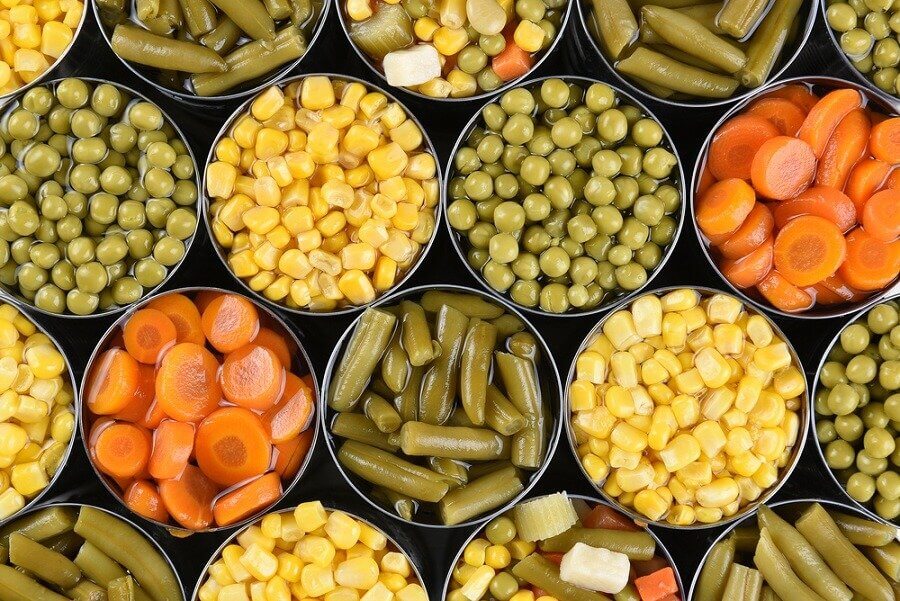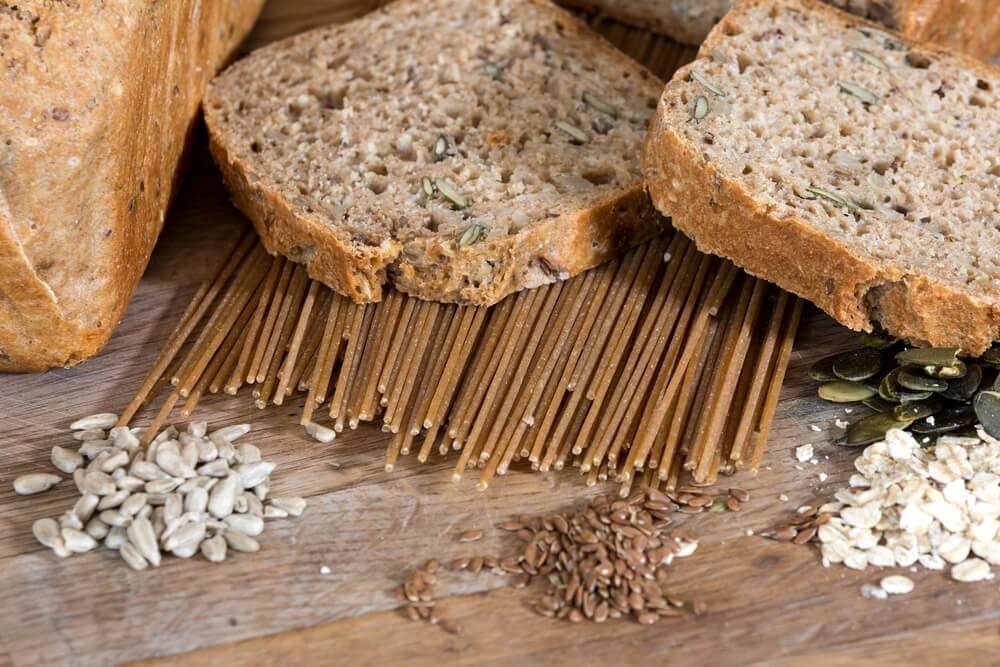Consequences of an Imbalanced Diet: Foods that Lead to Tiredness


Written and verified by the pedagogue in physical education and nutritionist Elisa Morales Lupayante
Which foods cause tiredness and fatigue?

Excess calories and food portions overwork the digestive system and force the body to turn its attention on the process. This takes away energy from the body, resulting in a fatigue that hinders us from doing other activities.
The foods that often lead to tiredness are the following:
- Processed foods. These foods contain lots of flour, salt, sugar in addition to tasting good. Our body has to work very hard to digest them, which means a heavier digestion than normal.
- Carbohydrates. While white bread, pasta and cookies can give you an energy lift, right after you’ll get the effects of drowsiness, lethargy and tiredness.
- Refined sugar. Eating sugary foods makes the pancreas pump insulin. The insulin causes a spike in energy, but it quickly crashes. This is exactly what happens in the cases of sweet baked goods, cakes, chocolates and ice cream.
- Caffeine. This substance causes hyperactivity because it’s a stimulant. It wires the body, but you shouldn’t abuse it. It leads to insomnia, tiredness and, in some people, it can even cause digestive problems.
- Alcohol. It’s a natural depressant for the nervous system. Consuming alcohol affects neurotransmitters by slowing down nerve signals in the time it takes them to reach the brain. Drinking alcohol increases fatigue.
- Poor hydration. Drinking water is essential. The symptoms of dehydration are headaches, difficulties in concentration, and heaviness among others.
You should choose your foods more carefully. Choose foods that have more nutrients, vitamins and antioxidants to help your digestion and generate the energy that you need to carry on with daily activities and tasks.
Which foods balance the body?

Foods that help balance the body are those that are rich in nutrients that can provide stable energy, help fight tiredness and keep the nervous system up and running. Some examples of these kinds of foods are the following:
- Whole grains such as oats, rice, millet, rye.
- Legumes are a great source of carbohydrates that boast proteins, fiber and vitamins and minerals.
- Vegetables, especially those of the leafy green variety, which are rich in magnesium, calcium and trace-elements.
- Seeds and nuts, which have a high concentration of essential fatty acid as omega 3 and 6. Some examples are: pumpkin seeds, flax seeds, walnuts, sunflower seeds and almonds.
- Fruits, which are great sources of energy. Fruits contain sugars, but they also have high-quality fiber. They also contain plenty of water, lots of energy and are easy to digest.
We recommend that you read: 6 Signs of High Cortisol Levels in Your Body
Further notes for preventing physical and emotional tiredness

Tiredness isn’t only a physical problem. It can also imply a sort of fatigue that can limit your ability to carry out activities, which can effect you emotionally and socially. It can be linked to diverse symptoms such as stress and depression as well as other bodily expressions.
In addition to a balanced diet, there are other recommendations for preventing or overcoming both physical and emotional tiredness.
- Eat breakfast. By doing so, you won’t feel hungry throughout the morning and will have more energy. Have a cup of hot cereal and fruit each morning at a minimum.
- Look for ways to reduce your stress. Doing so will lower your cortisol levels, as well.
- Try to get 7 to 9 hours of sleep each night.
- During the day, aim to do physical activities or hobbies that help you relax and reduce your stress levels.
- Incorporate energy supplements such as ginseng or royal jelly. These contain vitamins and minerals in addition to being great antioxidants.
- Drink teas that help you energize your body. For example, you can try mint or cinnamon teas.
- Take a 30-minute break. It can really recharge you. If you can, take a nap after lunch.
- Don’t be too hard nor put too much pressure on yourself. Be flexible and lenient in the different areas of your life.
- Review your priorities and keep your personal needs in mind. Don’t push them to the bottom of your list.
- Make an appointment with a psychologist if you notice any symptoms of depression or if you feel like you can’t overcome personal conflicts. Often, professional help can help you find the perfect solutions.
All cited sources were thoroughly reviewed by our team to ensure their quality, reliability, currency, and validity. The bibliography of this article was considered reliable and of academic or scientific accuracy.
- Stanhope KL., Sugar conumption, metabolic disease and obesity: the state of the controversy. Crit Rev Clin Lab Sci, 2016. 53 (1): 52-67.
- Venkataraman A., Kalk N., Sewell G., Ritchie CW., et al., Alcohol and alzheimer’s disease does alcohol dependence contribute to beta amyloid deposition, neuroinflammation and neurodegeneration in alzheimer’s disease? Alcohol Alcohol, 2017. 52 (2): 151-158.
- McLellan TM., Caldwell JA., Lieberman HR., A review of caffeine’s effects on cognitive, physical and occupatoinal performance. Neurosci Biobehav Rev, 2016. 71: 294-312.
This text is provided for informational purposes only and does not replace consultation with a professional. If in doubt, consult your specialist.








